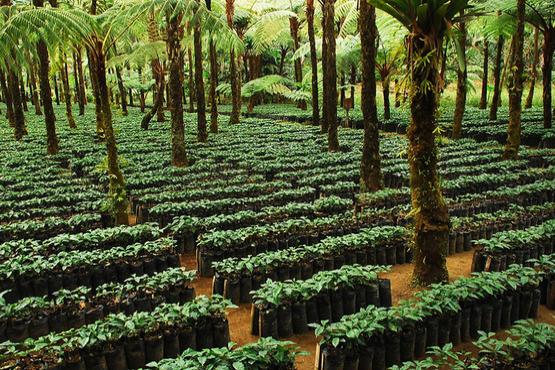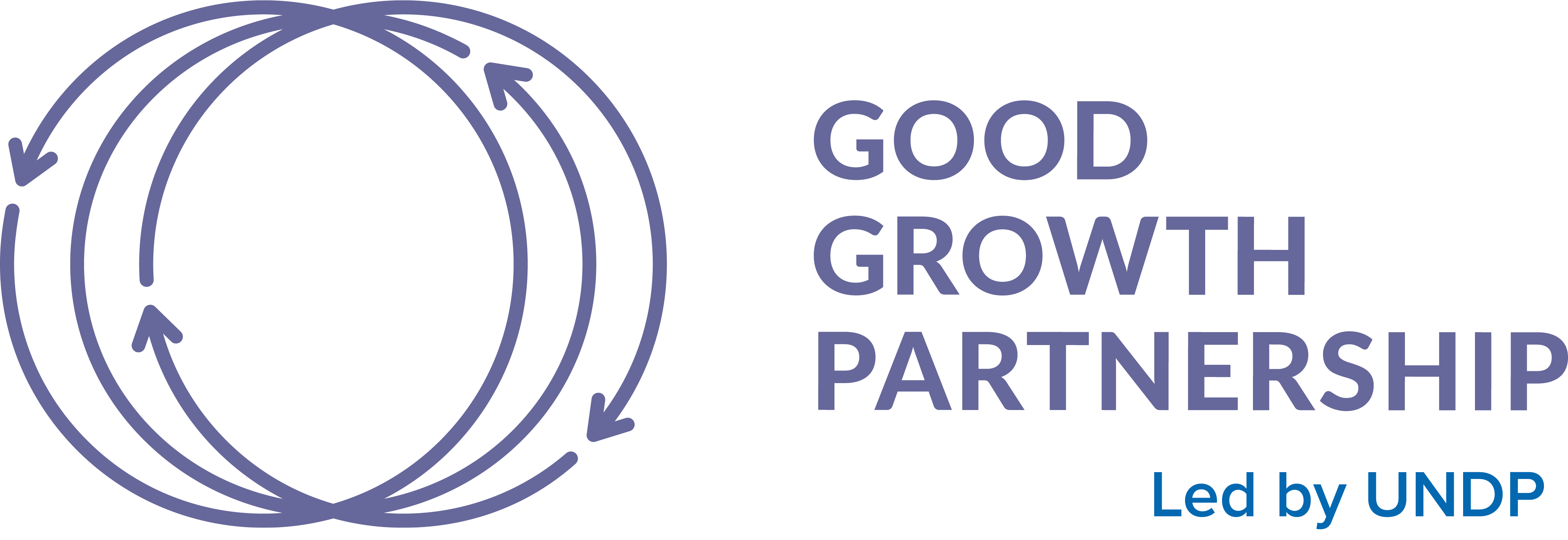Project Overview
Guatemala’s economy largely depends on the production of basic goods primarily derived from the agricultural sector. The country is a significant palm oil and coffee producer. However, agricultural expansion has caused multiple environmental challenges, including biodiversity loss, land degradation, and deforestation. Between 1991 and 2010, Guatemala lost approximately 92,880 hectares of forest annually and experienced accelerated soil degradation. Despite the adoption of a national environmental policy framework, systemic challenges in the project target areas include weak local policies to prevent deforestation, producers’ lack of access to market incentives to adopt sustainable production practices, and inadequate land-use planning and management systems.
Sites:
Motagua River Watershed
Commodities:
Coffee and palm oil
Area Covered:
45,000 hectares
Executing Partner and GEF Implementing Agency:
United Nations Development Programme

Project features
By developing integrated landscape management systems, the project seeks to mainstream the integrated landscape management approach at national, subnational and local levels.
Strengthening national and territorial governance is designed to inspire better collaboration among various stakeholders and national multi-stakeholder platforms.
Promoting sustainable food production practices and responsible value chains will lead to the provision of technical assistance and increase access to financial resources to promote sustainable production practices.
Specific actions to achieve these aims include creating incentives and market mechanisms for sustainable production of palm oil, coffee and other food crops.
Fostering enabling conditions for the adoption of socially and environmentally sustainable business models by implementing sustainability certifications and catalyzing investment opportunities will help scale-up these models.
Mobilizing existing and under-used government financial mechanisms will help facilitate the uptake of agroforestry systems, crop diversification schemes and access to private financing through credit unions and commercial banks.

Coffee plants grow under natural shade created by a native tree species in Guatemala. Photo by Charlie Watson/USAID. Used under Creative Commons license.







